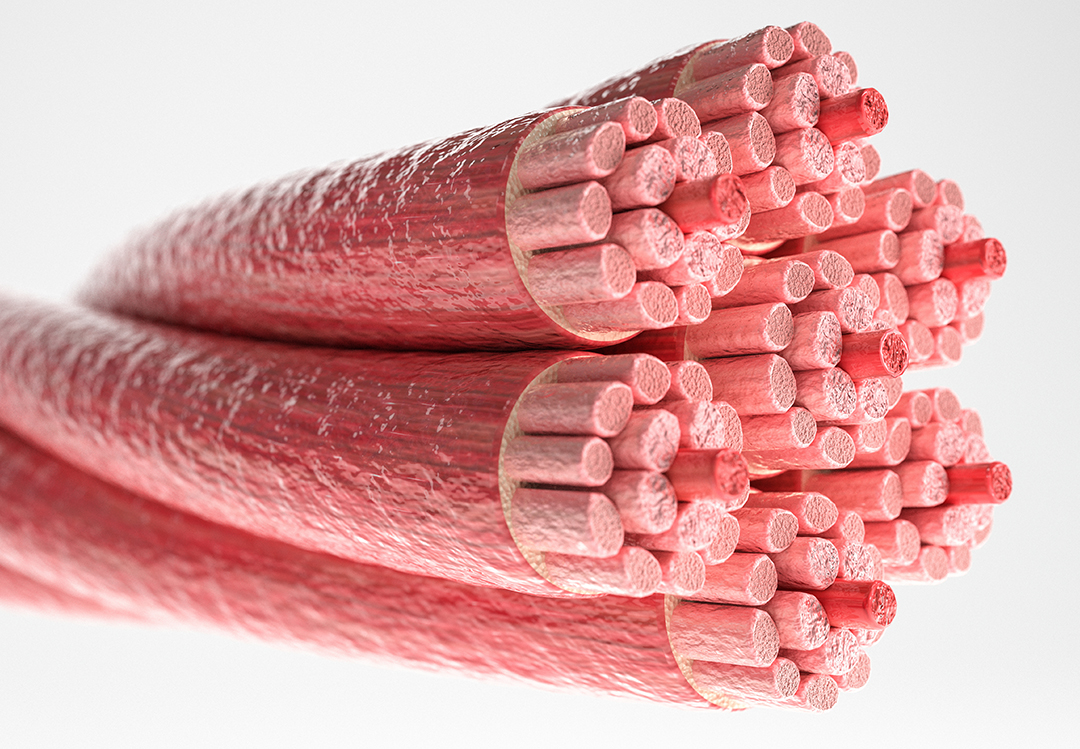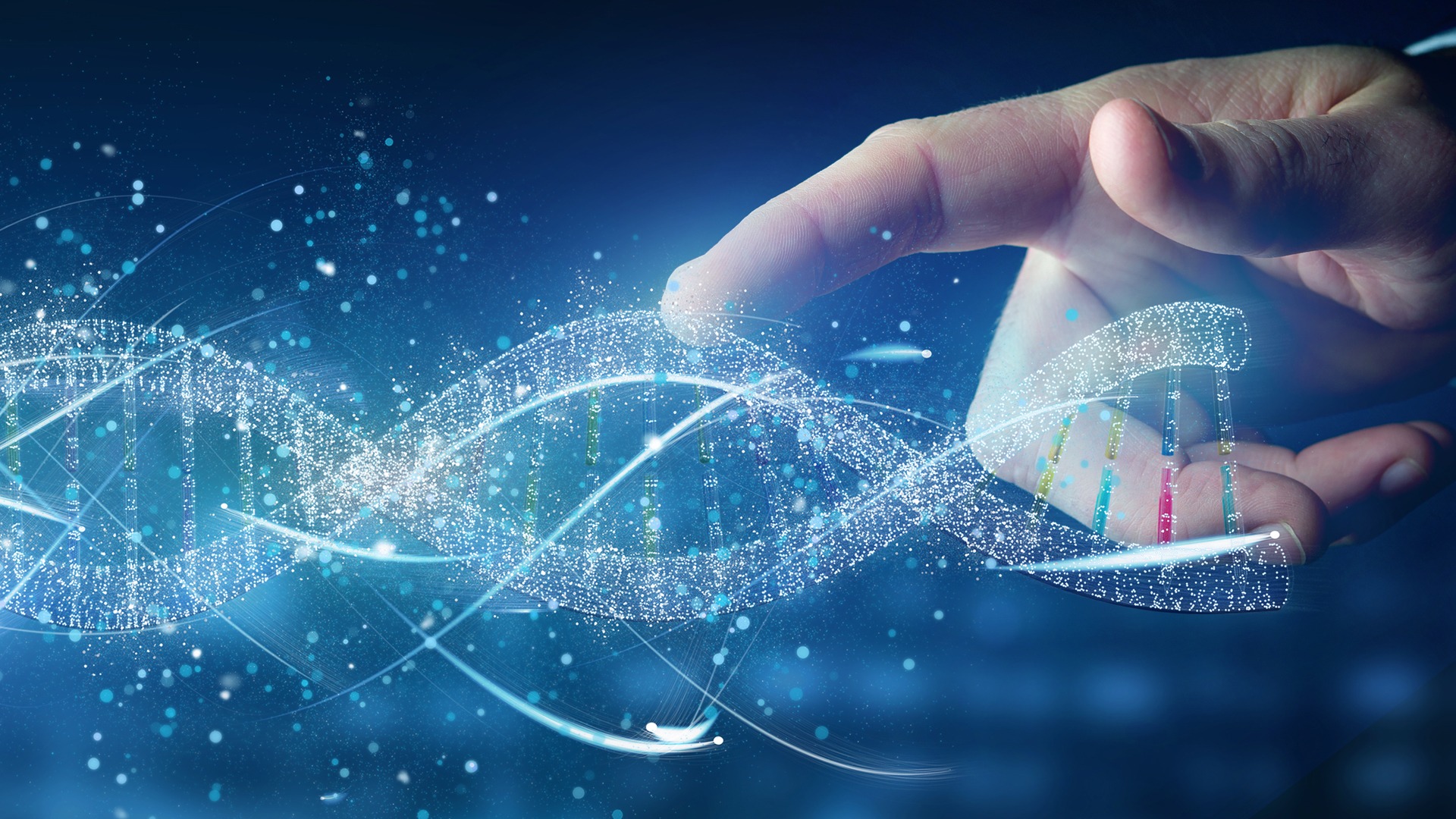First disease linked to defective myoglobin
In a recent study, published in Nature Communications and co-led by Anna Wedell (SciLifeLab/ Karolinska Institutet), researchers have discovered the underlying cause of a hereditary muscle disease first characterized in a Swedish family in 1980. It is the first time researchers have discovered a link between a disease and defective myoglobin, the protein responsible for oxygen transport in muscle cells.
The disease, Sarcoplasmic body myopathy (SBM) manifests in adulthood with weakness that progresses to respiratory failure and sometimes even death.
Together with researchers from Australia and Spain, the current study identified the underlying cause of the disease after investigating six large unrelated families including the first Swedish family. The results showed that they all had the same mutation in the myoglobin gene.
“Inherited defects of haemoglobin resulting in anaemia are well known causes of human disease, but defects of its muscular counterpart, myoglobin, have been unknown until now,” says Martin Engvall, PhD student (SciLifeLab/Karolinska Institutet).
So far, the mechanisms of how the defective myoglobin causes muscle degeneration is not known but since the same mutation is found in all known families the disease is likely caused by a novel function in the mutated protein, rather than a loss of its normal function.
“This means that a potential therapeutic strategy would be to suppress expression of the mutant version of the gene using e.g. antisense technology, an approach that has recently been successful in other rare inherited diseases,” says Anna Wedell in a press release by Karolinska Institutet.





